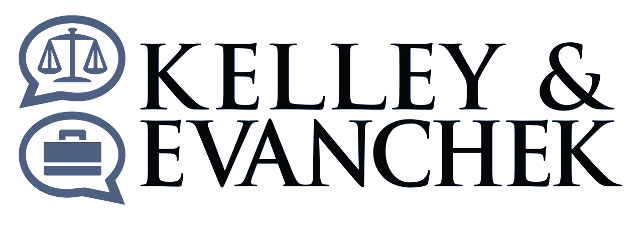Pleas & Plea Bargains
At the outset of a criminal case the court will usually enter a plea of “not guilty”. Under the law the prosecutor has the burden of proving beyond a reasonable doubt that you are guilty of the crime charged. In today’s society trials are very expensive and time consuming. Most cases are resolved at the outset with a plea bargain. Plea bargains are not about giving up; they are about controlling the outcome. You may take a case to trial and be found not guilty, but you could lose and be found guilty of a more serious crime. No one can be forced to accept a plea bargain. There are many types of plea bargains the following are just a few:
Pleas under advisement is when a person enters a plea of guilty to a crime and upon successful completion of court ordered probation and/or jail the plea is withdrawn and the case is dismissed. The plea agreement frequently includes a written or unwritten understanding that there will be no jail time and a person is simply placed on probation for period of time, in addition to fines and costs. On a background check this arrangement will typically show up as pending during probation and dismissed if probation is completed and the plea is withdrawn after successful completion.
Pre-Trial diversionary programs are programs that are created by law to allow a person to keep a clean record despite pleading guilty to a crime. These programs operate much like a plea under advisement. These programs were developed to address a specific crime and prevent repeat offenses. The most popular diversion programs are Holmes Youthful Trainee Act (HYTA) for youthful offenders under the age of 21, MCL 333.7411 (7411) for drug offenses, domestic violence diversion for first time offenders, and retail fraud diversion for first time offenders. In some cases such as HYTA cases, the file is sealed by the court and will not show up on a background check.
Sentence Agreements are sometimes used to avoid jail or keep jail or prison time to a short period of time. Sentence agreements must be agreed upon by all parties involved including the court. With felonies, sentence agreements can be done by agreeing to score certain parts of the sentencing guidelines at an agreed upon number resulting in a lowered sentence.
